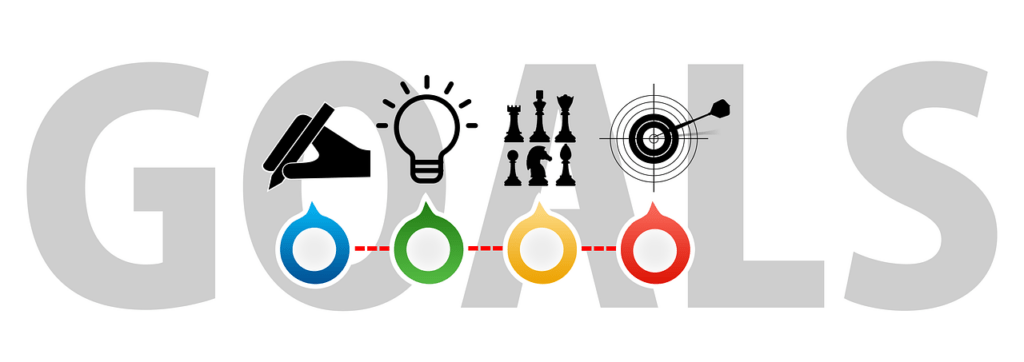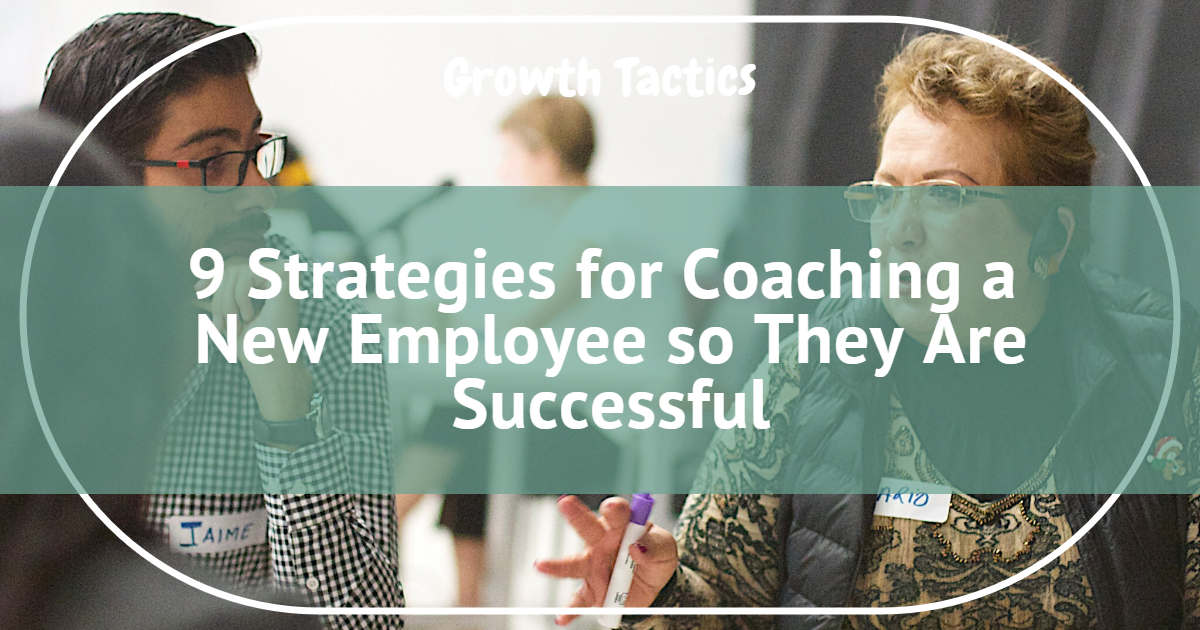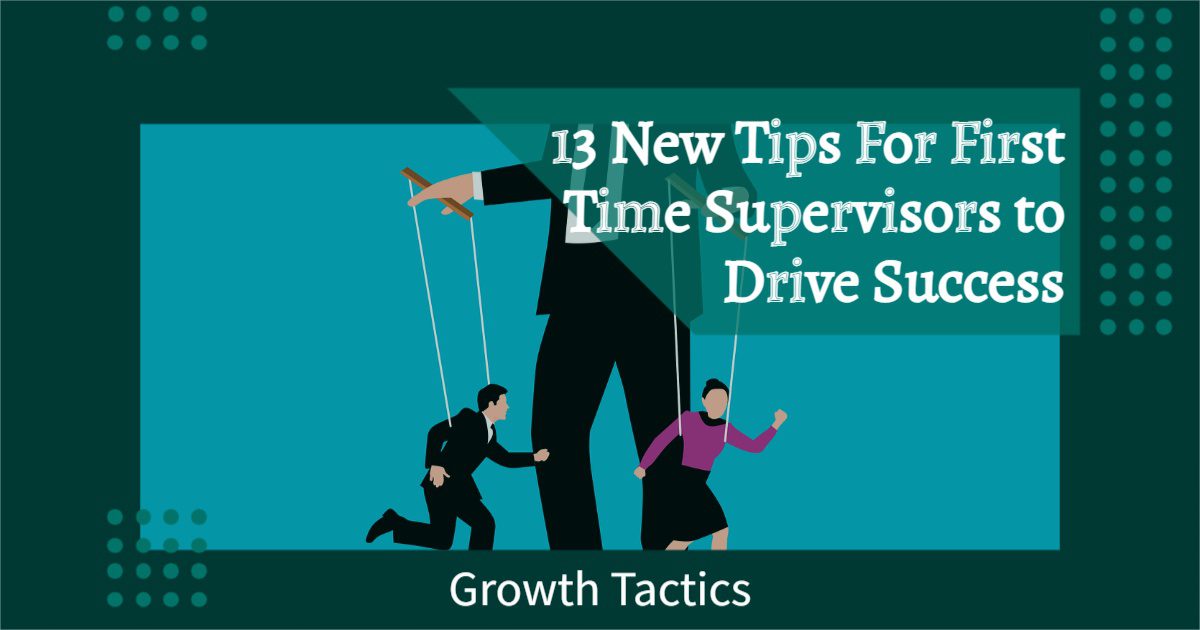Last Updated on April 14, 2024 by Milton Campbell
Coaching plays a critical role in successfully onboarding new employees. It helps new hires learn their role faster and become productive sooner. The onboarding period can be very challenging for new employees as they are learning a tremendous amount of new information in a short time. An effective coaching process provides the support system new hires need during this crucial career stage.
Through coaching employees, managers can actively shape and develop their new employees. Rather than just expecting new hires to figure everything out themselves, managers can provide tailored guidance and feedback. This enables new employees to build skills and confidence in their roles to quickly improve their performance. The employee-manager relationship establishes a foundation for future success through coaching.
Ultimately, coaching new employees leads to faster ramp-up time to full productivity. The organization benefits from new hires reaching their potential sooner. Early coaching prevents new employees from developing bad habits or skill gaps that may be harder to correct later on. That’s why a focus on coaching right from day one results in more successful hires. Let’s dig in.

Set Clear Expectations and Goals
As a coach, one of your first steps should be to set clear expectations and goals with the new employee. Take time early on to thoroughly discuss job responsibilities, expectations, and goals to ensure they understand what success looks like in their role.
Create a 30/60/90-day plan that clearly outlines objectives and milestones for the first 3 months. This will provide visibility into the key results and training needed in the near term. Make sure to get the employee’s input so they feel invested in the plan.
Schedule regular weekly or bi-weekly check-ins to track progress against the 30/60/90-day plan. This consistent cadence of one-on-one meetings provides an opportunity for the employee to ask questions, get coaching, and stay aligned on priorities. Maintaining open communication ensures the employee ramps up effectively.
During these discussions, be clear about how the employee’s work will be evaluated and what goals they are expected to accomplish. Providing this level of transparency early on sets the foundation for a successful coaching relationship.
Provide Adequate Training
An effective coach can help ensure the new employee has the training and support needed to be successful in their role. As a coach, take time to understand the new hire’s background and create a structured training plan tailored specifically to their needs, skill level, and career development goals.
Some strategies for providing adequate training include:
- Create a structured training plan tailored to the new hire’s needs. Outline the critical skills and knowledge they need to learn in the first few weeks or months. Break this down into a week-by-week schedule and share it with them so expectations are clear.
- Assign a mentor or buddy to help guide learning. Partner the new employee with a more experienced team member who can answer questions and provide hands-on guidance. Encourage them to check in regularly.
- Offer job shadowing opportunities. Allow the new hire to shadow team members in their day-to-day work. This helps them better understand responsibilities and how their role connects to the broader team.
- Schedule regular touchpoints. Don’t just frontload training. Check in frequently to see if they need more support acquiring specialized skills or institutional knowledge.
- Make training an ongoing priority. Training doesn’t stop after the first week or month. Look for growth opportunities and continue investing time in developing their skills.
Providing robust and structured training tailored to the employee’s needs is key to setting them up for success. With the right training plan, they will gain confidence and the skills to excel in their new role.

Give regular feedback
Providing consistent, constructive feedback is crucial for coaching new employees effectively. As a manager, you should schedule regular one-on-one meetings to provide feedback on their progress. This allows you to reinforce good habits that you want the new hire to develop from the start. For example, if you notice the employee consistently shows up on time and is eager to take on new assignments, praise those behaviors so they become ingrained.
It’s also important to correct any issues early on before they become habitual. If you notice a new team member struggling with a particular task or missing deadlines, address it promptly through supportive feedback focused on improvement. Explaining specifically what they need to change and providing training can help get them on track. Frequent check-ins give you the opportunity to provide guidance to support their growth in the role.
When an employee does demonstrate success, make sure to praise their accomplishments. Recognizing achievements helps build their confidence as they take on new responsibilities. Employees who feel valued and know their manager notices their efforts tend to feel more motivated and engaged. The positive reinforcement makes them more likely to replicate those winning behaviors.
Encourage open communication
Effective coaching requires open communication between manager and employee. As a coach, you should maintain an open-door policy that encourages employees to come to you with any questions or concerns. Make yourself available and approachable.
Schedule regular one-on-one meetings with the new hire to touch base on their progress, challenges, and goals. These coaching conversations provide a forum for giving feedback, both positive and constructive, in a two-way dialogue. Ask open-ended questions to better understand the employee’s perspective.
Listen without judgment and make the employee feel heard. Create a cooperative, trusting environment where the employee feels comfortable speaking up. Make it clear you are there to help them succeed in their new role. With open communication, you can better understand their needs and provide tailored coaching and support.

Customize your approach to employee coaching
An effective coach adapts their coaching style to suit the individual learning styles and needs of each employee. People have different preferences for how they best absorb new information and skills. Some employees may be visual learners who respond well to diagrams, demonstrations, and seeing things written down. Others may be auditory learners who learn better through verbal instruction and discussion. Knowing your employees’ learning preferences allows you to tailor your coaching approach accordingly.
Leveraging established coaching models can provide a helpful structure for coaching conversations. The GROW model is a simple yet powerful framework that involves four steps:
- Goal: Agree on a clear goal to work towards.
- Reality: Examine the current reality and any obstacles.
- Options: Explore multiple options for achieving the goal.
- Will: Agree on actions to be taken to reach the goal.
Asking questions is key – effective coaching is not about telling employees what to do. Guiding employees through thoughtful questioning allows them to better understand expectations, articulate their own ideas, and feel empowered to find solutions. Maintaining an open and non-judgmental dialogue encourages employees to think through issues and reflect on their learning.
Help build connections when you coach employees
Introducing new employees to team members and key leaders is crucial for helping them feel welcomed and connected in their new roles. As a coach, set up introductions to team members that the new hire will frequently interact with. Consider pairing the new employee with a peer buddy who can show them the ropes and answer day-to-day questions as they come up.
Group lunches or team-building events are also great opportunities for new hires to start establishing connections. Make sure to include the new employee in these outings. If they seem hesitant about attending, take some time to explain the value of building relationships and encourage them to participate. With a little effort, you can help new employees begin creating a network and a sense of belonging from day one.
Address Problems Proactively
Managers need to keep a close eye on new employees and address any issues or problems early on before they become more serious. Don’t avoid having difficult conversations if you notice performance problems or behavioral concerns. Bring these up promptly but positively by focusing the discussion on how the employee can improve and succeed in their role.
Coach new hires through challenges using positive reinforcement and encouragement. If they are struggling with a particular task or skill, work collaboratively to create an action plan for improvement. Set reasonable goals and check in frequently to track progress. Recognize effort and celebrate small wins along the way. This constructive approach prevents little problems from spiraling while supporting the employee’s professional growth.
Proactively addressing issues head-on establishes trust and shows new team members you are invested in their development. It also gives you an opportunity to course correct and realign if someone is veering off track early in their tenure when it is easier to get them back on the optimal path to success. With a culture of open communication and support, even difficult conversations become learning experiences.

Track and Measure Progress
Coaching new employees is a process that requires tracking progress and setting measurable goals. As a coach, you’ll want to set metrics and milestones to gauge the new hire’s success. These should be specific, relevant goals like completing training programs, meeting sales targets, improving quality scores, etc.
Perform regular coaching reviews or one-on-one meetings to discuss the employee’s advancement toward their goals. Ask for their feedback on what’s working and what could be improved. Review any metrics you’ve set up and discuss ways to fill in any gaps. For example, if quality scores are low, you may need to provide more training or mentoring.
Analyze the data and feedback you’ve collected during your coaching interactions. Adjust your strategies based on what will help the employee succeed. For instance, if they are struggling with a particular system, schedule more training time. Or if they are excelling in one area, issue new challenges to help them grow. Continuously fine-tuning your coaching plans based on performance ensures you are providing the support needed for the new hire to thrive.
Tracking progress takes coaching from a nice-to-have to a data-driven methodology that fuels employee success. Setting metrics, meeting regularly, and adjusting strategies based on feedback are critical components of coaching new hires effectively. With this level of support, they will be set up for success in their new role.
Celebrate wins and milestones
Recognizing achievements completed in the onboarding plan is a great way to celebrate wins and milestones with a new employee. As the new hire completes tasks and learns new skills, take time to acknowledge their progress. Even small wins should be praised, as this can help build the employee’s confidence and momentum.
For example, if the new hire completes their first client presentation, send a congratulatory email or recognize their achievement at a team meeting. Publicly praising contributions, both big and small, reinforces positive behaviors and shows the new employee their work is valued. Celebrating milestones also provides a sense of accomplishment that motivates continuous learning.
Schedule regular check-ins where you can review completed onboarding goals together. Identify upcoming milestones the new hire is progressing towards and encourage them along the way. Acknowledging effort and wins makes employees feel engaged and fuels their drive to succeed in their new roles.








